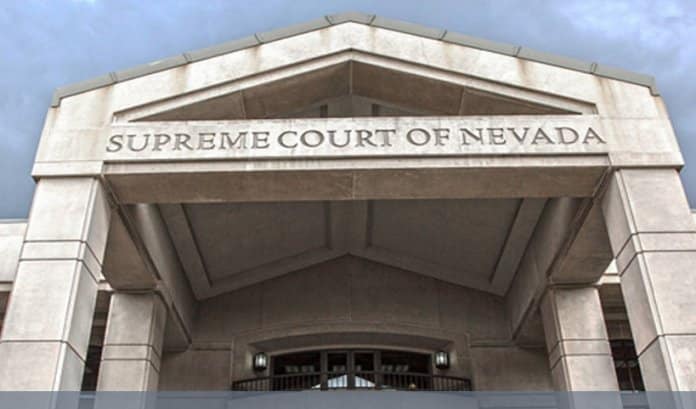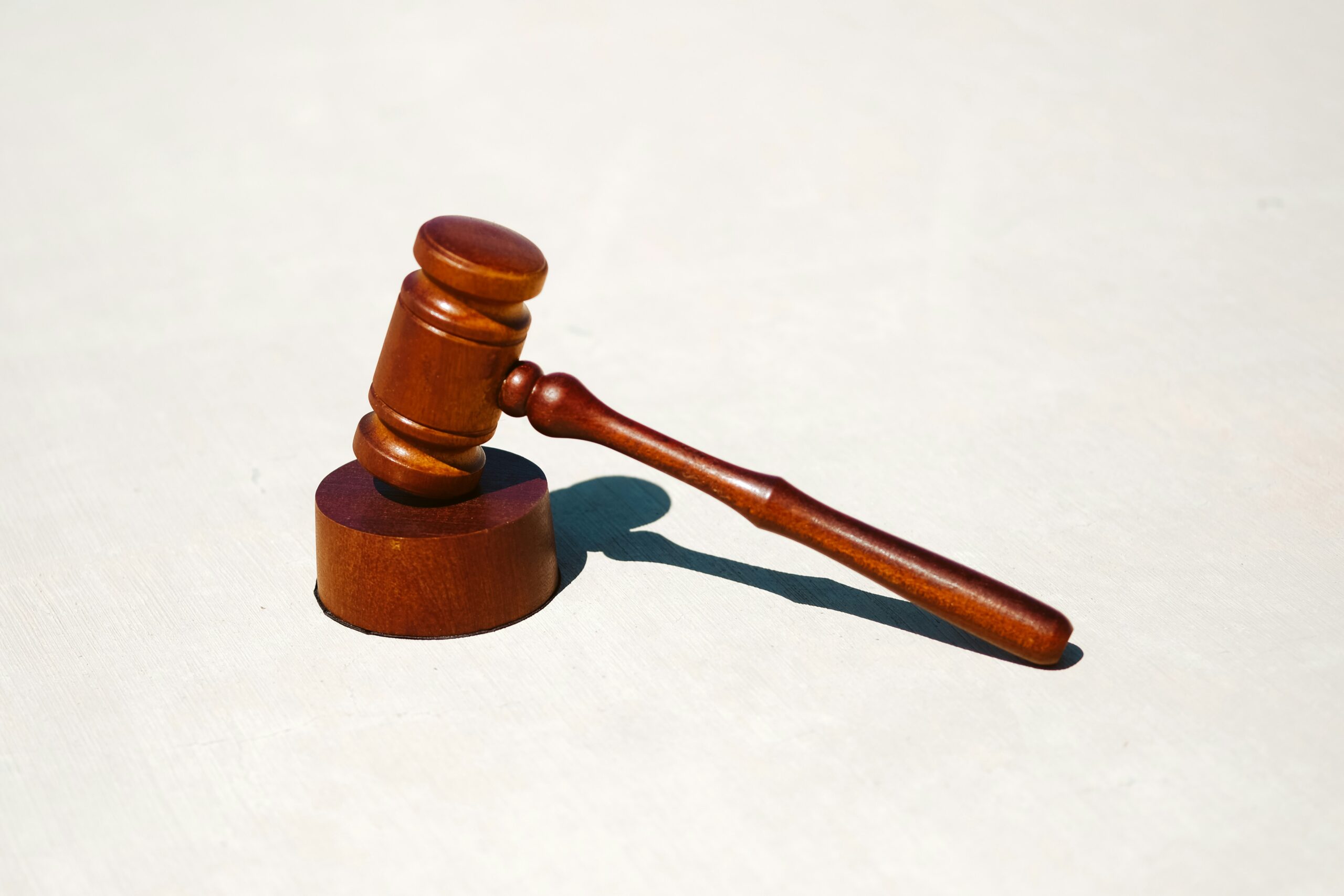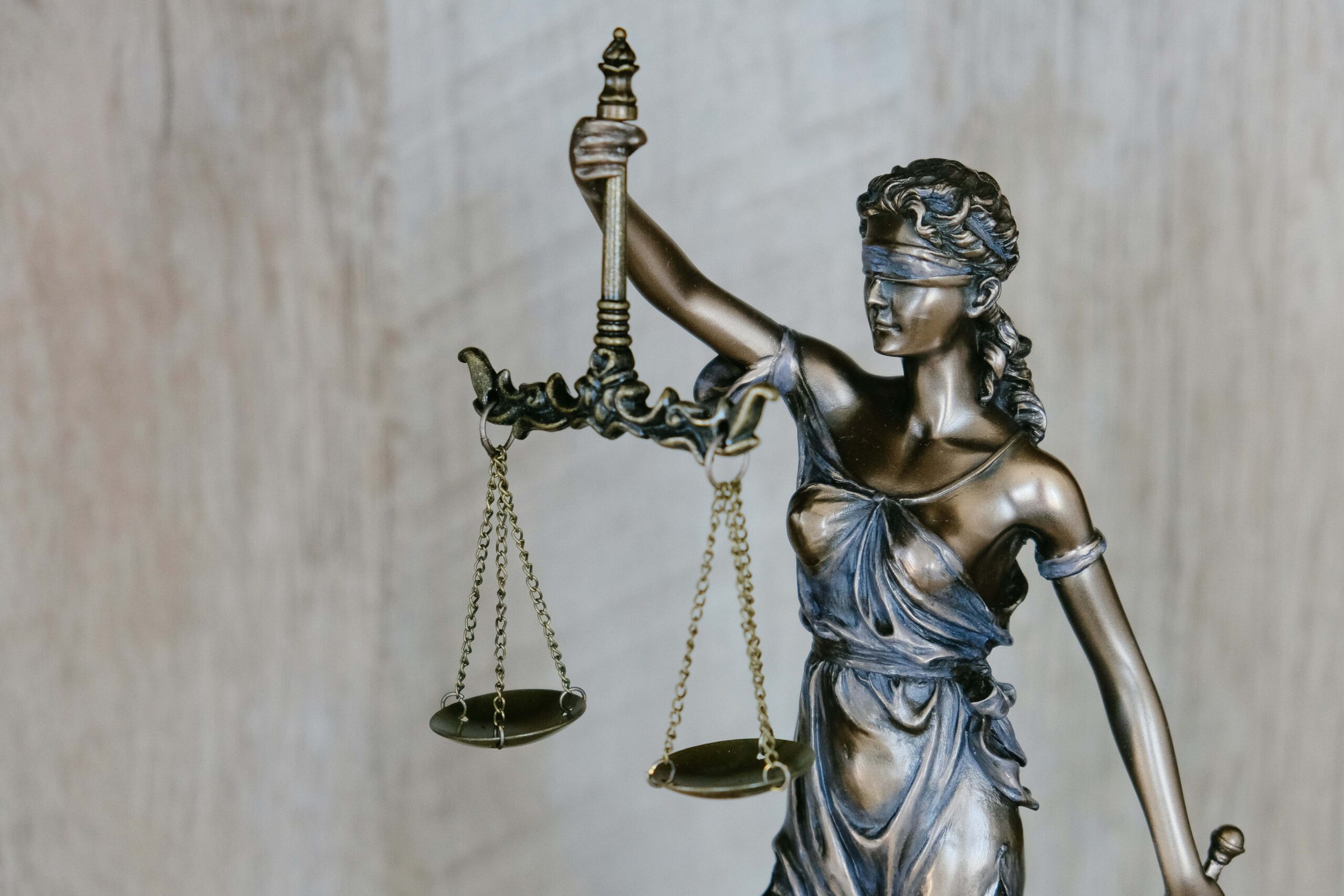ISAACSON LAW BLOG
Buyers Of Homes From Association Foreclosures Handed Defeat By Supreme Court

Buyers Of Homes From Association Foreclosures Handed Defeat By
Supreme Court
On October 16, 2020, the Nevada Supreme Court issued a decision in several cases which effectively cut off lawsuits by individuals or companies who purchased a home out of an association foreclosure before 2015.
In general, individuals (mostly investors), purchased homes out of association foreclosure proceedings. Those individuals then filed quiet title claims against the mortgage holders (banks), the homeowners’ association and any other entity or individual who might have a claim to the property. In some of those cases, the courts ruled that even though the home was purchased from an association foreclosure, it was still subject to the original bank loan. The reason why the bank loan may have survived varied from case-to-case, but generally centered around the fact that the association’s nine-month superpriority lien was either paid by the bank, or tendered to the association (but not accepted). In those cases, many of the investors then sued the homeowners’ associations asserting they should have disclosed that the nine-month superpriority lien had been tendered (issued but not accepted by the association), or paid. Despite the continued obligation of the new owner to pay the already existing mortgage, the Nevada Supreme Court determined those buyers do not have claims against the Association.
First, the Supreme Court determined that the association did not have a “duty to proactively disclose whether a superpriority tender had been made.” Saticoy Bay, LLC v. Genevieve Court Homeowners’ Association, Supreme Court Case No. 80135, pg. 2. The Court’s reasoning was that prior to 2015, NRS 116.31162 did not require any such disclosure. In the 2015 legislative session, NRS 116.31162 was amended to require that an association disclosure if the bank or another individual had made a tender of the superpriority lien.
Second, the Court examined the disclosure obligations under NRS 113.130 which requires a seller to disclose anything that may materially affect the value or use of a residential property. However, the Court determine that NRS 113.130 only requires a “seller to disclose ‘defect[s],’ not superpriority tenders.” Id.
Third, the plaintiffs had asserted the association was liable for a claim of negligent misrepresentation, asserting the association’s failure to disclosure the tender or payment of the superpriority lien was akin to supplying false information. However, the Court determined that because the association did not have an obligation under the prior version of the statute to disclose the tender or payment, it did not make a false representation. Saticoy Bay, LLC v. Silverstone Ranch Community Association, Supreme Court Case No. 80039, pg. 2.
Fourth, the Court rejected the buyers’ civil conspiracy claims. Such claims require, among other things, a “concerted action, intend[ed] to accomplish an unlawful objective for the purpose of harming another.” Id.at pg. 3, citing Nev., Inc. v. Cummins Engine Co., 114 Nev. 1340, 1311, 971 P.2d 1251, 1256 (1998). Because the Court had already determined that the associations did not do anything unlawful, it rejected the plaintiffs’ civil conspiracy allegations.
The only question left potentially open in the Supreme Court’s decisions are where a purchaser may have affirmatively asked if the superpriority lien had been tendered or paid. In such an instance, the Association may have an obligation to truthfully answer the question. However, in none of the cases decided by the Court had the plaintiffs shown such a request was made. The Court therefore could not consider this potential argument.
In all, these decisions should end up in resolving the vast majority of claims asserted against associations by individuals or companies who purchased properties out of an association foreclosure.
For more information or to inquire about your association’s individual circumstances, please call Troy Isaacson at (702) 529-2559 or visit my website: IsaacsonLawLV.com.

LOCATION
- (702) 529-2559
- 7575 Vegas Dr, Suite 150N, Las Vegas, Nevada 89128
BUSINESS HOURS
Monday – Friday: 8:30am to 5:30pm
Recent Blog Posts

HOA Fee Increases: Don’t Surprise Homeowners


Why “Failure to Communicate” Is a Violation

